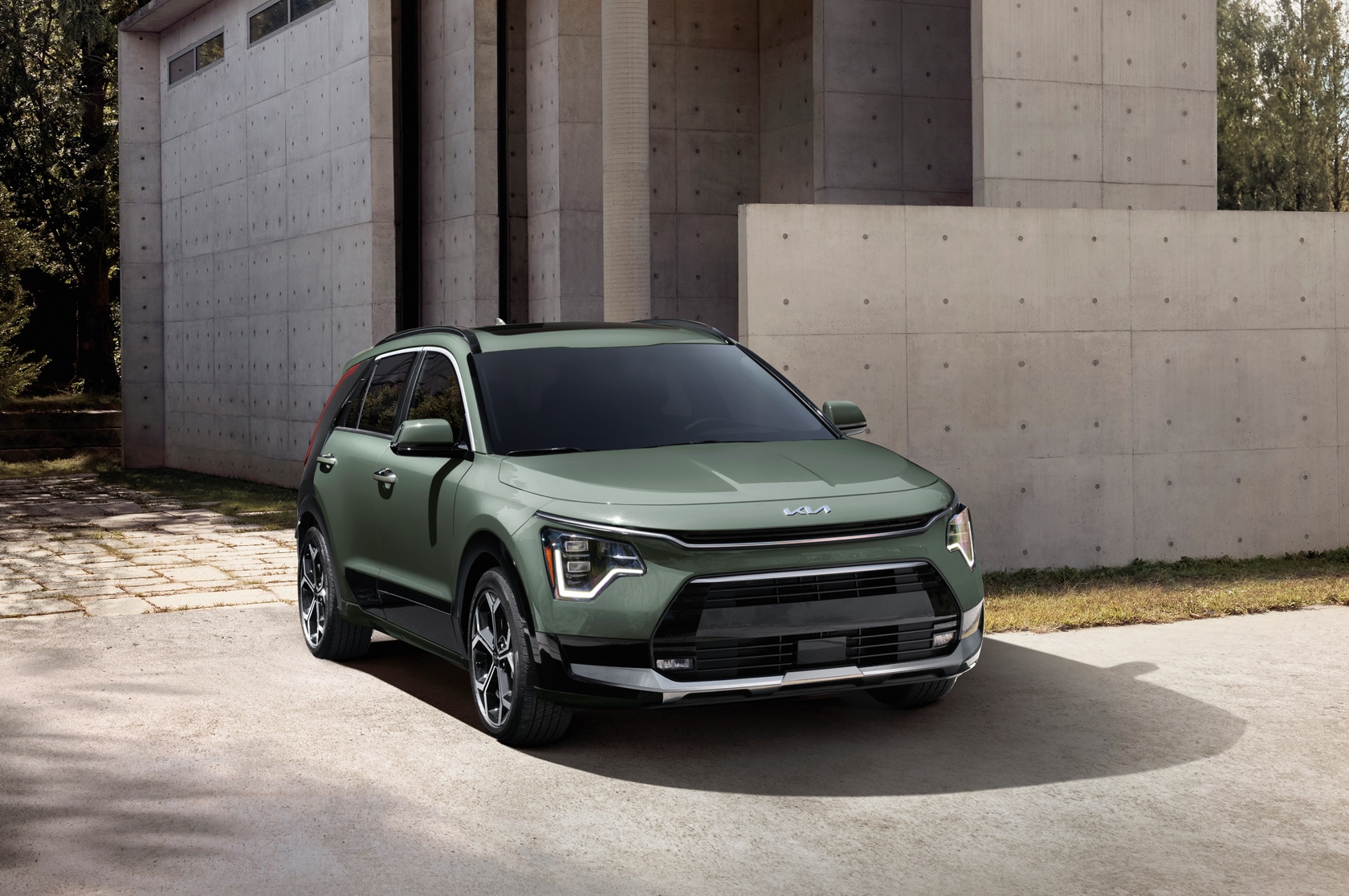Trying to decide between an electric vehicle (EV) and a hybrid? Both offer unique advantages, but choosing the right one relies on your lifestyle, driving habits, and budget. We’ll break down the key differences to help you find your best match!

Fully Electric Vehicles (EVs)
Electric vehicles (EVs) are powered fully on electricity, using rechargeable batteries instead of gasoline. This means you’ll enjoy a quieter ride and eliminate stops to the gas station. EVs are eco-friendly with zero tailpipe emissions, which is ideal for reducing your carbon footprint. Plus, the cost of charging at home is typically lower than filling up a gas tank, helping you save on fuel costs in the long run.
EVs are also low-maintenance. Since they don’t have traditional engines, they skip many costly repairs associated with gas-powered vehicles—like oil changes and transmission issues. However, EVs generally have a more limited range than hybrids, so for longer trips, you’ll need to schedule charging breaks. Thankfully, charging infrastructure is growing rapidly in Chicago and beyond, making EVs more practical than ever.
Hybrid Vehicles: A Balance of Gas and Electric
Hybrids blend a gasoline engine with an electric motor, offering a combination of efficiency and flexibility. The electric motor assists the gas engine to lower fuel consumption, especially at lower speeds. This makes hybrids a fantastic option if you’re looking to save on fuel but aren’t ready to go fully electric. They can seamlessly alternate between electric and gas power, providing you with extended range and fewer concerns about finding charging stations on long drives.
Hybrids are ideal for those who want a sustainable option but may not have reliable access to charging at home or need a car for frequent long-distance trips. While they don’t eliminate emissions entirely, they’re more green than traditional gas cars and still offer reduced emissions and better fuel efficiency.
Which One is Right for You?
If you’re looking to stay eco-conscious, reduce fuel costs, and don’t mind planning around charging, an EV might be a good place to start. For city driving and shorter commutes, EVs can be incredibly easy and cost-effective. On the other hand, if you need more flexibility, especially for longer drives or rural areas, a hybrid could be the ideal solution. It’s fuel-efficient without the need to fully depend on charging infrastructure.
Think about your travel habits, budget, and access to charging options. Both EVs and hybrids have a lot to offer, and it’s all about finding the right fit for your lifestyle.